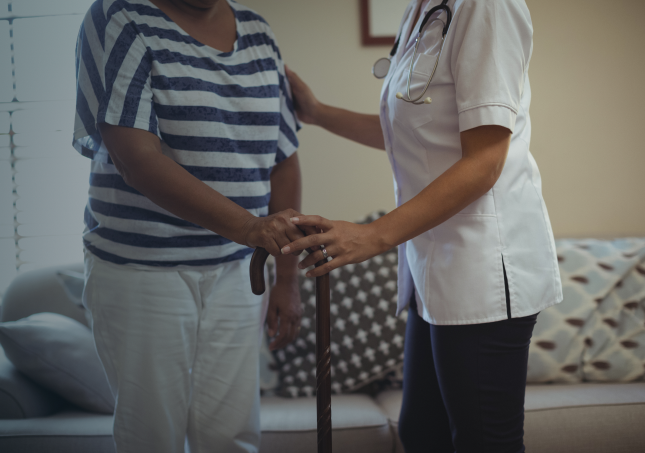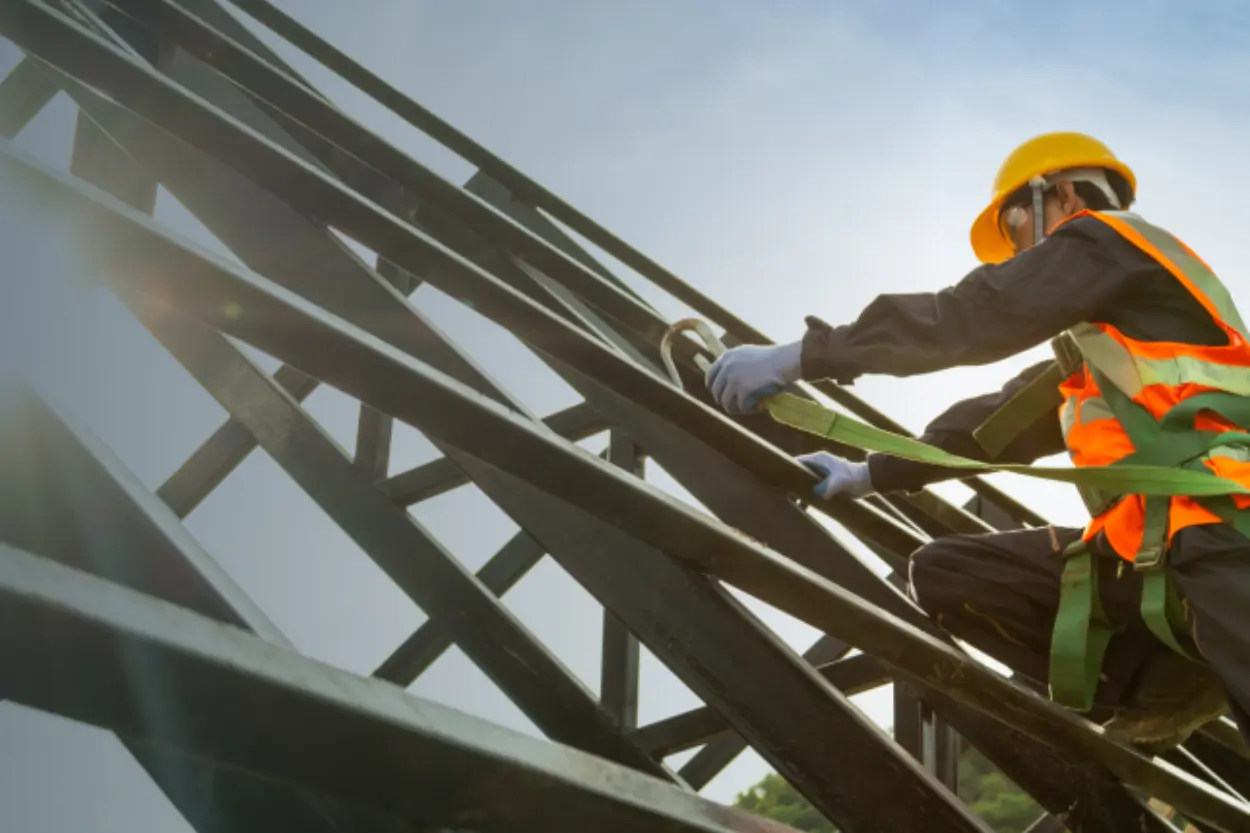Ensuring the safety and well-being of isolated individuals, such as elders, is a critical responsibility for employers and caregivers. These individuals often face unique risks due to their isolation and vulnerability, making it essential to implement specialised safety measures.
In Australia, many elders live alone or in remote areas, increasing their risk of accidents and health emergencies. By adopting comprehensive safety protocols and leveraging advanced technology, caregivers can create a safer living environment for these individuals.
Here are five essential tips for ensuring the safety of isolated individuals:
1. Safety devices
Equip isolated individuals with easy-to-use safety devices, such as SafeTCard’s 4G Companion, that allow for real-time monitoring upon activation and emergency alerts. These devices ensure that help is just a button press away, providing peace of mind for both the individual and their caregivers. The 4G Companion device offers features such as GPS positioning on activation, fall detection, and instant emergency alerts, ensuring that isolated individuals are always connected and protected.
2. Regular check-ins
Establish a schedule for regular check-ins via phone or video call to ensure the well-being of isolated individuals. Regular communication helps in identifying any issues early and provides an opportunity for the individual to express any concerns. These check-ins can be scheduled daily or weekly, depending on the needs of the individual. Implementing a structured check-in routine ensures that isolated individuals remain connected and supported, reducing feelings of loneliness and vulnerability.
>> You can find out more useful advice in 5 Tips for Employers With Remote Workers
3. Home safety assessments
Conduct assessments of the living environment to identify and mitigate potential hazards, such as tripping hazards or insufficient lighting. Evaluating the safety of a home environment is crucial for preventing accidents and ensuring that isolated individuals can move around safely. Look for common hazards such as loose rugs, cluttered walkways, and poor lighting. Providing recommendations and assistance in addressing these issues can significantly enhance the safety of the living space.
4. Emergency procedures
Ensure isolated individuals know how to use their safety devices and understand the steps to take in case of an emergency. Providing clear and simple instructions on how to operate safety devices and what to do in different emergency scenarios is essential for employers with high-risk workers or employers with lone workers. Conducting regular practice drills can help reinforce these procedures and ensure that individuals are well-prepared to respond effectively in emergencies. Knowing how to quickly summon help and access first aid supplies can make a significant difference in the outcome of an emergency situation.
5. Community support
Encourage participation in community programs or social groups to reduce isolation and provide additional layers of support and interaction. Social engagement is vital for the mental and emotional well-being of isolated individuals. Participation in community activities, clubs, or support groups can help individuals stay connected and build a network of support. Facilitating access to transportation and information about local programs can help isolated individuals stay active and involved in their communities.
Conclusion
Ensuring the safety and well-being of isolated individuals, particularly elders, requires a proactive and comprehensive approach. By implementing these five essential tips—providing safety devices, establishing regular check-ins, conducting home safety assessments, ensuring knowledge of emergency procedures, and encouraging community support—caregivers can create a safer and more supportive environment for isolated individuals. SafeTCard provides advanced safety solutions that help caregivers meet these obligations and protect those under their care effectively.
For more information on how SafeTCard can help you enhance the safety of isolated individuals, contact us today. Together, we can ensure a safer and more secure living environment for all isolated individuals.




